Intergovernmental Panel on Climate Change AP6 report: No doubt humans warmed world
The world’s leading climate scientists warn the prospect of limiting global warming to 1.5C will be out of reach within 12 years.
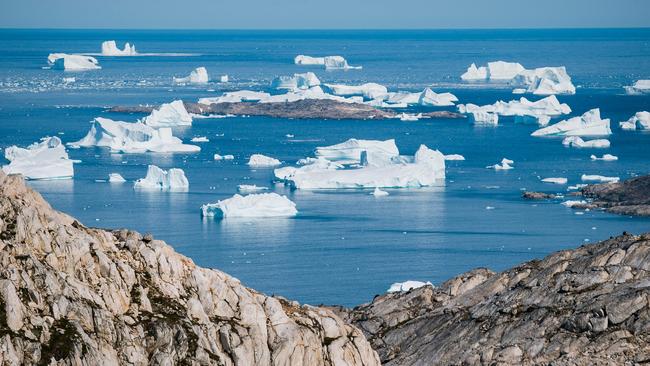
The world’s leading climate scientists have warned that the prospect of limiting global warming to 1.5C will be out of reach within 12 years at current rates of greenhouse gas emissions, in a report that finds it is now “unequivocal’’ that human activity is heating the planet.
A landmark report for the Intergovernmental Panel on Climate Change found human ¬activity had already warmed the planet by 1.07C since the industrial revolution and in a regional update says Australian land areas have warmed by about 1.4C, higher than the global average.
Annual temperature changes had emerged above natural variability in all land regions of the Australian continent while New Zealand temperatures had risen by 1.1C between 1910 and 2020.
Scientific certainty had increased from the previous study in 2014 that human-caused warming was now affecting many weather and climate extremes in every region across the globe.
The IPCC report found there was high confidence that heat extremes had increased, cold -extremes had decreased, and these trends were projected to continue.
Sea levels had risen at a rate higher than the global average in recent decades; snow cover and depth had decreased and were projected to decrease further.
There was medium confidence that the frequency of extreme fire weather days had increased, and the fire season had become longer since 1950 at many locations.
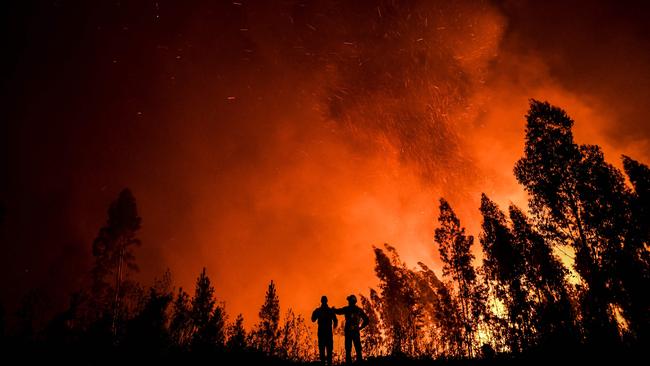
There was medium confidence that heavy rainfall and river floods were projected to increase.
While scientists say they are more certain, the politics of climate change remain difficult.
UN secretary-general Antonio Guterres said the report was a “code red’’ for humanity and the Paris Climate Change accord’s ambition of limiting global warming to 1.5C was “perilously close’’.
“The alarm bells are deafening, and the evidence is irrefutable: greenhouse gas emissions from fossil-fuel burning and deforestation are choking our planet and putting billions of people at immediate risk,’’ Mr Guterres said.
CSIRO scientist Pep Canadell, a contributing lead author for the report, said achieving a net-zero target by 2050 would still make the 1.5C warming target possible.
The release of the IPCC report was delayed because of Covid-19 but has been published ahead of the heavily anticipated climate conference scheduled for Glasgow in November.
The report will add to the push for governments to act to limit emissions.
A meeting of G20 environment and energy ministers in July refused to endorse a change from the existing Paris target of 2C to 1.5C.
Scott Morrison is being urged to adopt a formal net-zero target for 2050.
Energy Minister, Angus Taylor, said overcoming the challenges outlined in the IPCC report was a shared responsibility.
“Australia is committed to achieving net-zero emissions as soon as possible, and preferably by 2050, and to meeting and exceeding our 2030 commitment, as we already have with our 2020 targets,” Mr Taylor said.
Governments in Europe are under pressure because of the likely cost of the transition and major emissions countries, China and India, are refusing even to discuss a global shift away from coal.
Without co-operation between the high-emitting nations, hopes of limiting future warming to the Paris Agreement targets appear doomed.
The IPCC report warns that global warming of between 1.5C and 2C will be exceeded during the 21st century unless deep reductions in carbon dioxide and other greenhouse gas emissions occur in the coming decades.
The IPCC’s best estimate is that temperatures will increase by 3C from pre-industrial levels if carbon dioxide levels in the atmosphere are allowed to double.
The timing of future increases in global average temperatures will be determined by natural -variations and measures taken to reduce human emissions of carbon dioxide into the atmosphere.
It is possible that some years will report an average global temperature rise of more than 1.5C from early next decade.
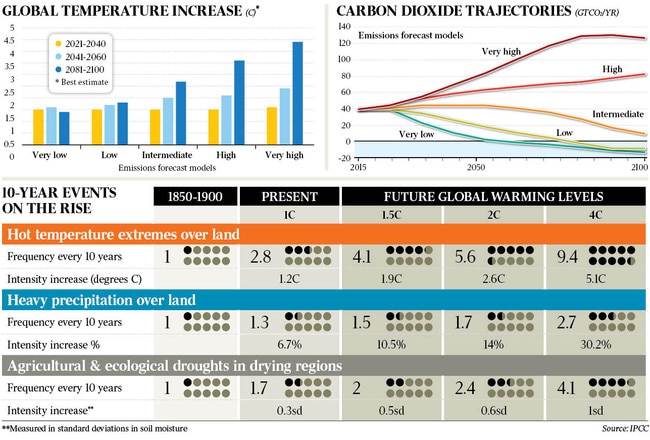
The IPCC report confirmed that some new climate models were running too hot, leading to a best estimate for future warming based on a range of inputs including physical observations.
“Unlike in previous assessments, climate models are not considered a line of evidence in their own right in the IPCC Sixth Assessment Report,” it said.
Scientists were not able to predict with accuracy when warming thresholds might be breached but said global surface temperatures would continue to increase until at least mid-century under all emissions scenarios considered.
The report said it was not too late to act and that strong and sustained reductions in emissions of carbon dioxide and other greenhouse gases would limit climate change. While benefits for air quality would come quickly, it could take 20 to 30 years to see global temperatures stabilise. Without immediate, rapid and large reductions in greenhouse gas emissions, limiting warming to close to 1.5C or even 2C would be beyond reach, it said.
Scientists said achieving net zero emissions globally by 2050 would make it possible to contain a future temperature rise to 1.5C.
For a 50 per cent chance of limiting future warming to 1.5C human activity must limit future carbon dioxide emissions to 500 billion tonnes. This represents about 12 years of current emissions.
Dr Canadell, said 41 per cent of all carbon dioxide emitted since the industrial revolution had been in the past 30 years.



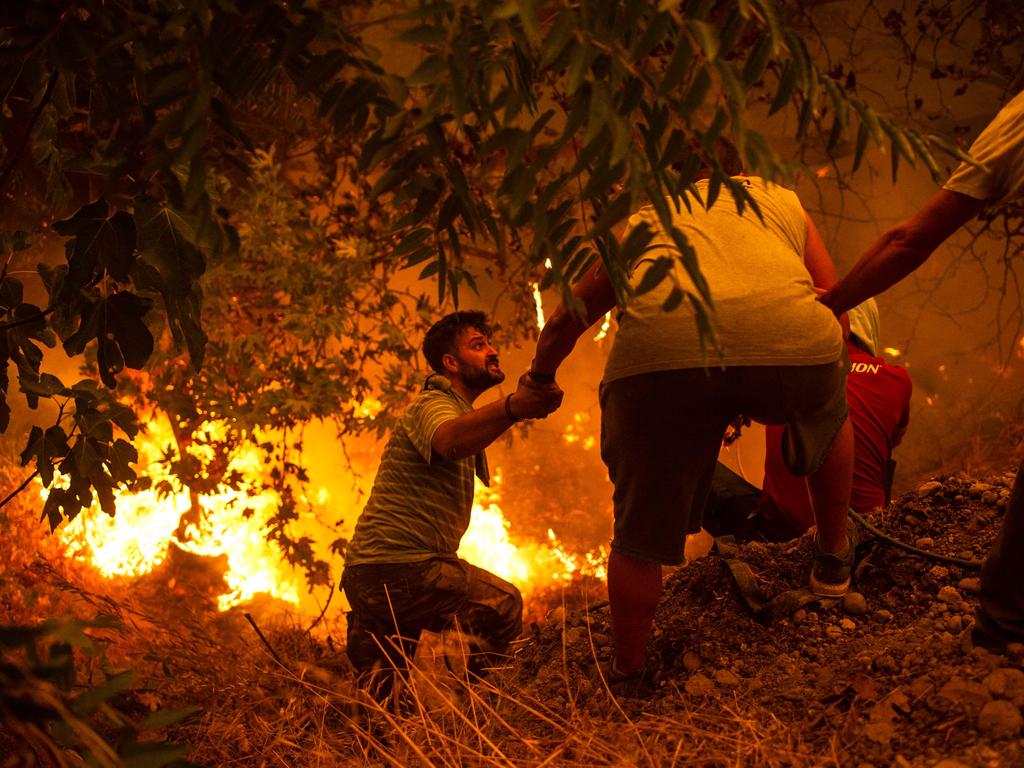
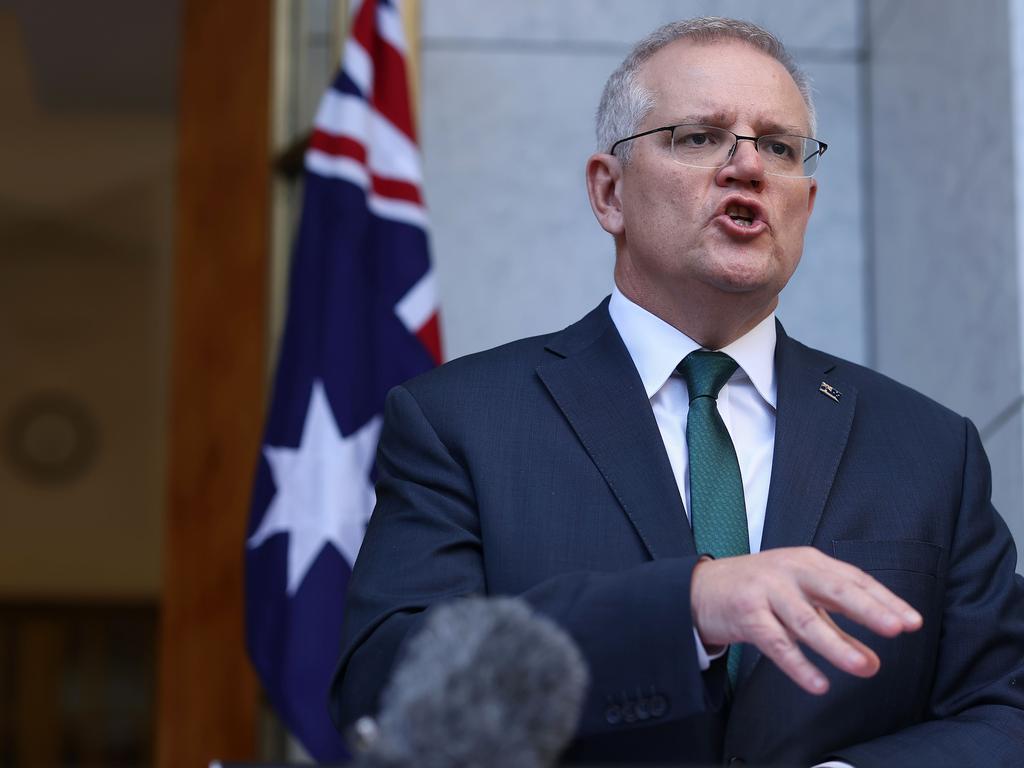
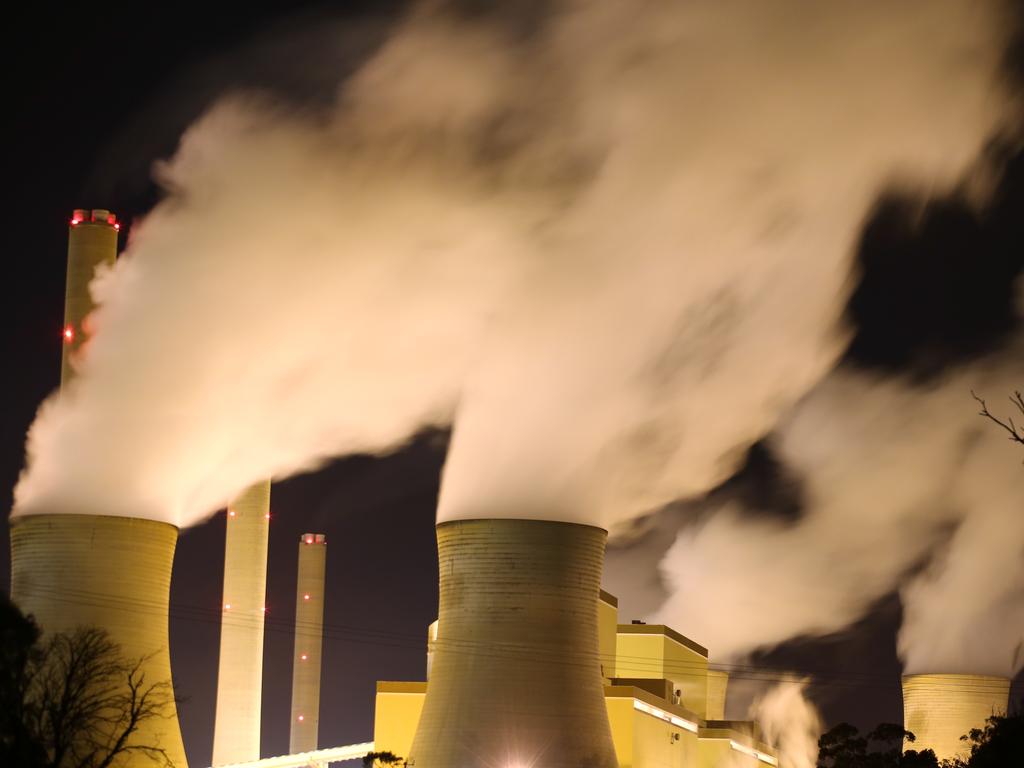


To join the conversation, please log in. Don't have an account? Register
Join the conversation, you are commenting as Logout